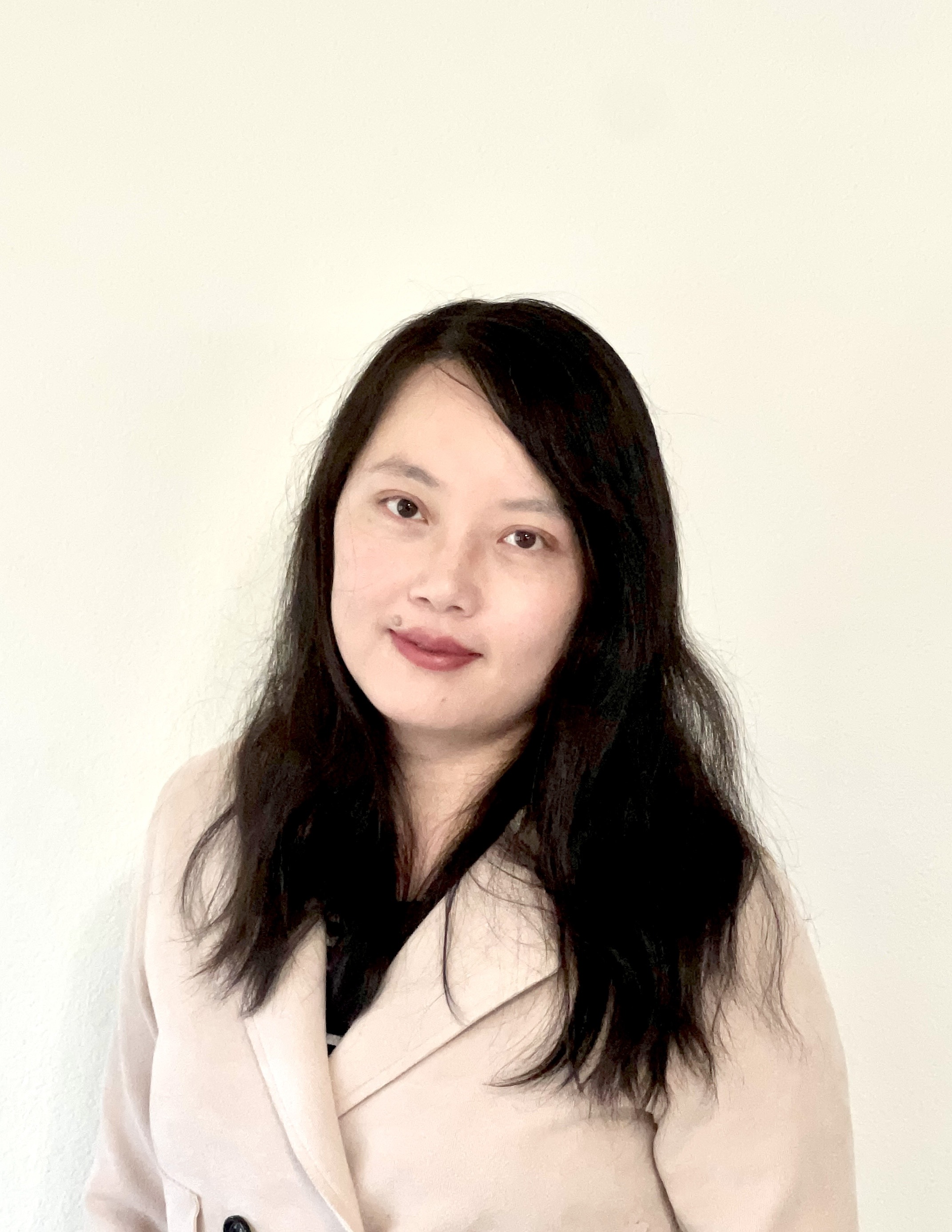The UNT College of Science is pleased to welcome Assistant Professor Dr. Yanxiao Han to the UNT Biological Sciences department.
The UNT College of Science is pleased to welcome Assistant Professor Dr. Yanxiao Han to the UNT Biological Sciences department this semester. Dr. Han is a computational biologist, conducting interdisciplinary research at the interface of molecular biophysics, hormone signaling, and therapeutic design. Her work has been published in esteemed journals such as Nature Material, Nature Chemistry, and PNAS, and she was awarded a postdoctoral fellowship and career development award from the American Heart Association.
 “My research is primarily computational, carried out using high-performance computing
clusters. I collaborate with experimentalists and other computational scientists,
including colleagues at UC Davis and external partners, to integrate modeling results
with laboratory data,” said Dr. Han, who earned her undergraduate degrees in China
before completing her Ph.D. at the University of Illinois in Chicago and pursuing
postdoctoral research in California. “I am currently studying the cooperation between
estrogen and adrenergic receptors in regulating cardiovascular function.”
“My research is primarily computational, carried out using high-performance computing
clusters. I collaborate with experimentalists and other computational scientists,
including colleagues at UC Davis and external partners, to integrate modeling results
with laboratory data,” said Dr. Han, who earned her undergraduate degrees in China
before completing her Ph.D. at the University of Illinois in Chicago and pursuing
postdoctoral research in California. “I am currently studying the cooperation between
estrogen and adrenergic receptors in regulating cardiovascular function.”
Using multiscale modeling from atomic structures to tissue-level simulations, Dr. Han aims to understand how these receptors signal and interact. This research could lead to improved sex-specific cardiovascular treatments and contribute to building a “digital twin” of human organs and body systems for predictive medicine.
“My long-term goal is to develop simulation platforms that integrate gender and individual differences into cardiovascular research and therapeutics,” said Dr. Han. “My work connects fundamental molecular insights to whole-organ and systemic levels, offering a unique perspective for both teaching and research.”
Dr. Han’s interdisciplinary approach connects physics, chemistry, and biology to artificial intelligence–driven modeling. As well as getting the Han Lab up and running, she will also be teaching Pharmacology this semester, connecting foundational science to medical relevance and guiding her students on the mechanisms of drug action, receptor biology, and therapeutic applications. She also plans to develop a new computational modeling course for biology majors.
“I’m most excited to teach students how computational chemistry and molecular modeling can reveal the hidden mechanisms of biological processes,” she said. “I look forward to guiding students in connecting theory with real-world biomedical applications.”
Dr. Han said she was drawn to UNT for its collaborative atmosphere, growing research strengths, and strong commitment to student success. “The university’s emphasis on interdisciplinary innovation aligns perfectly with my teaching and research vision,” she said. “I am passionate about mentoring students from diverse backgrounds and helping them discover how their unique perspectives can drive innovation in science.”
Outside the lab, Dr. Han loves to tell stories to children and inspire their scientific imagination. Her words of wisdom to those interested in getting involved in STEM fields: “Science is as much about curiosity as it is about persistence. Never be afraid to ask “why” or to explore paths that seem unconventional—you might uncover something groundbreaking.”